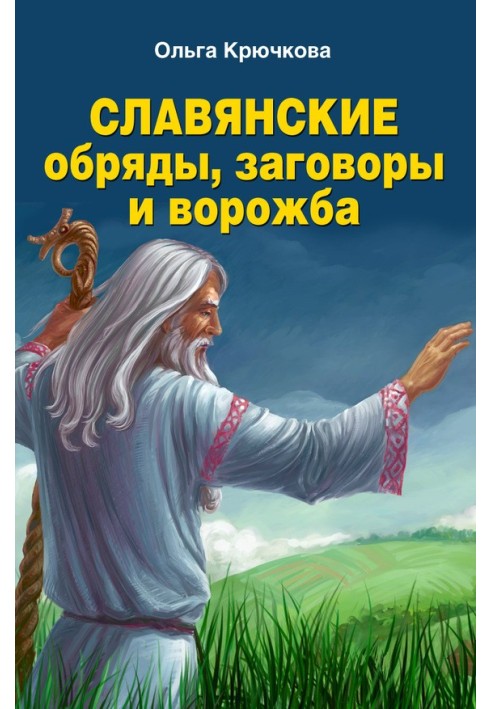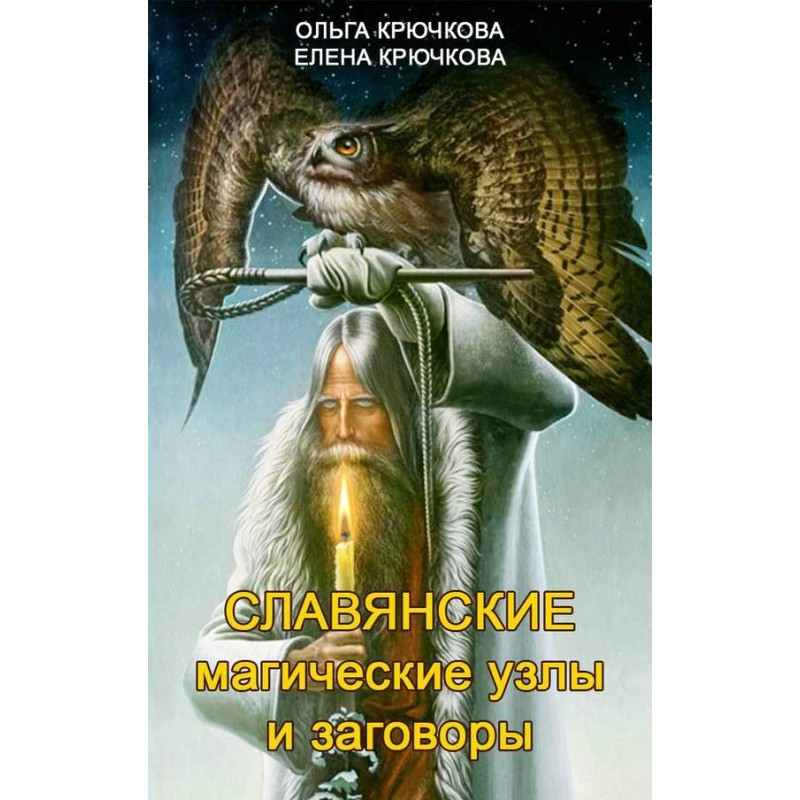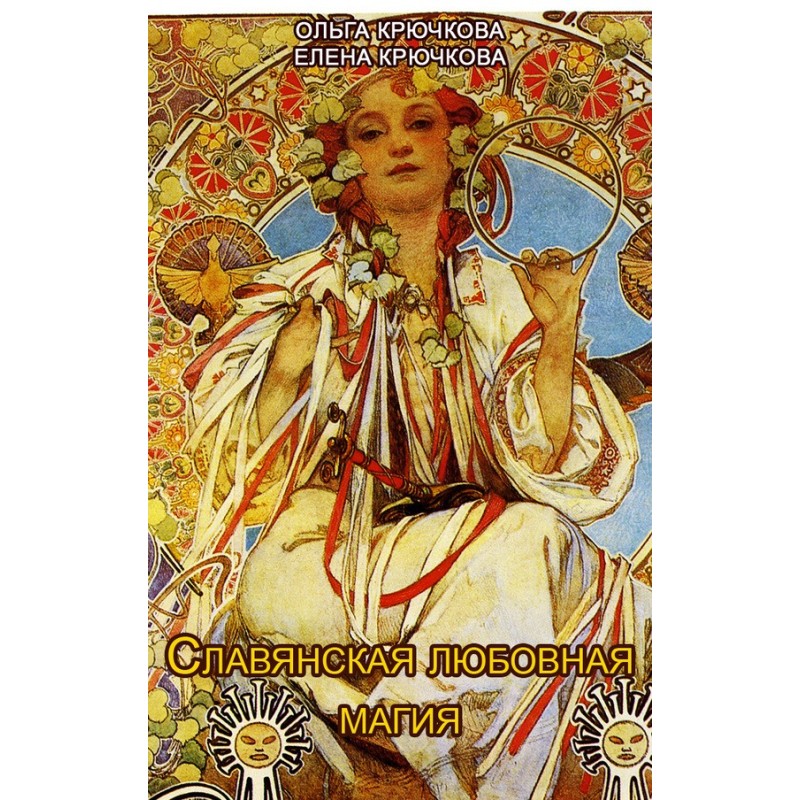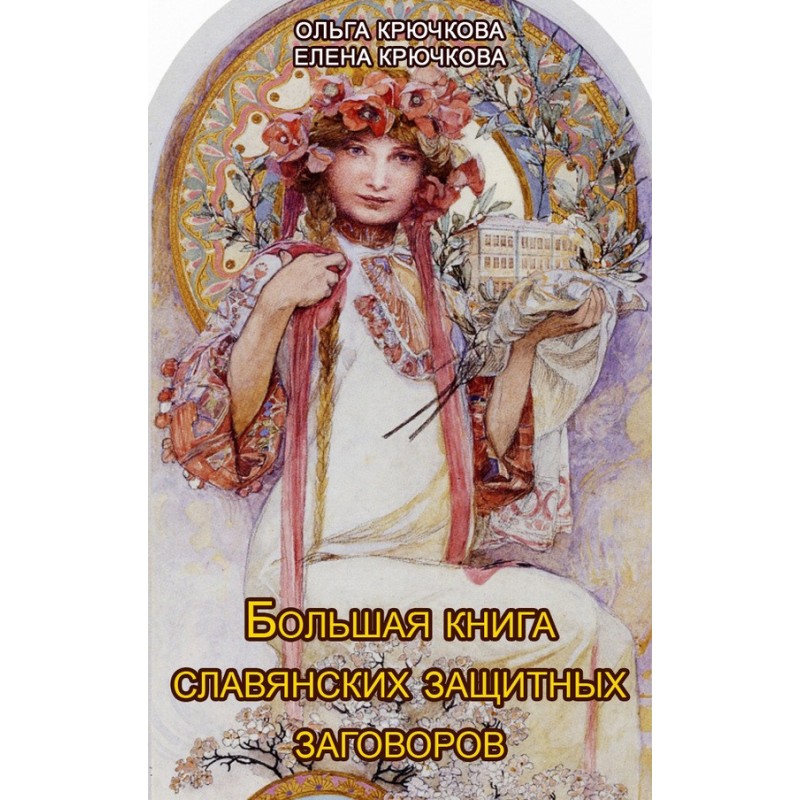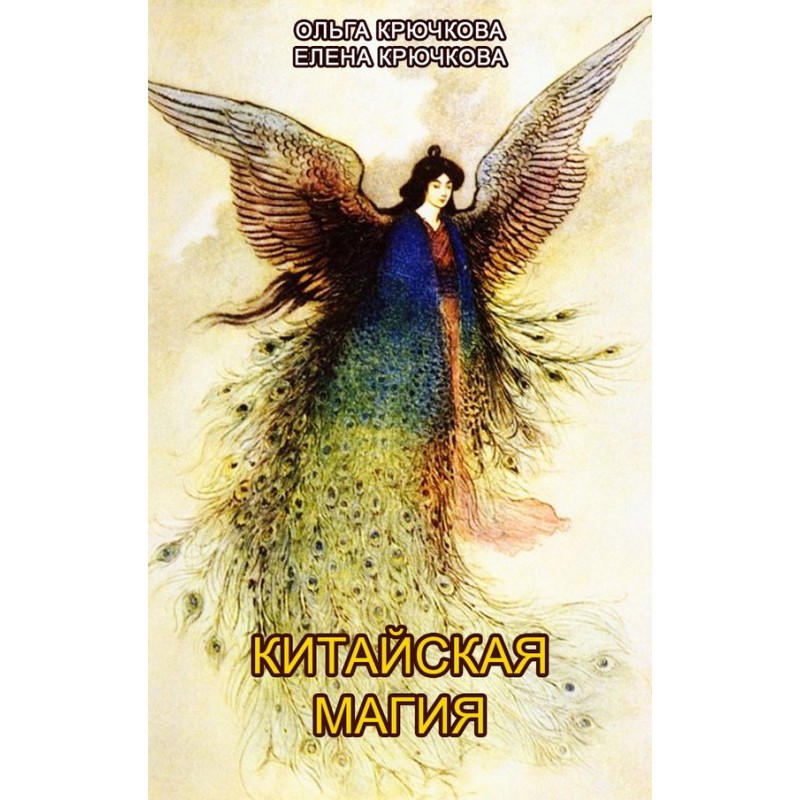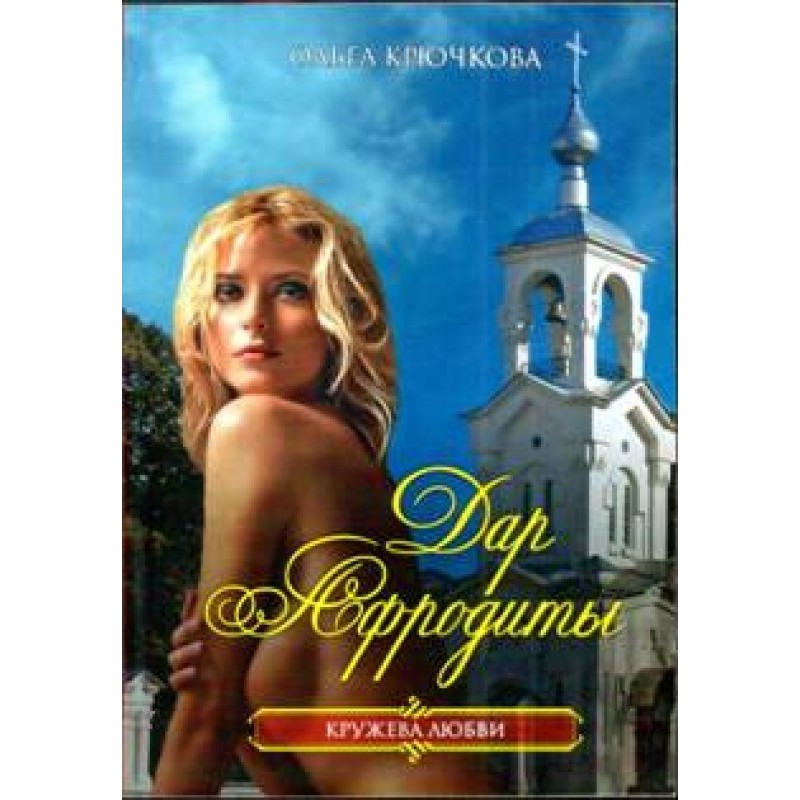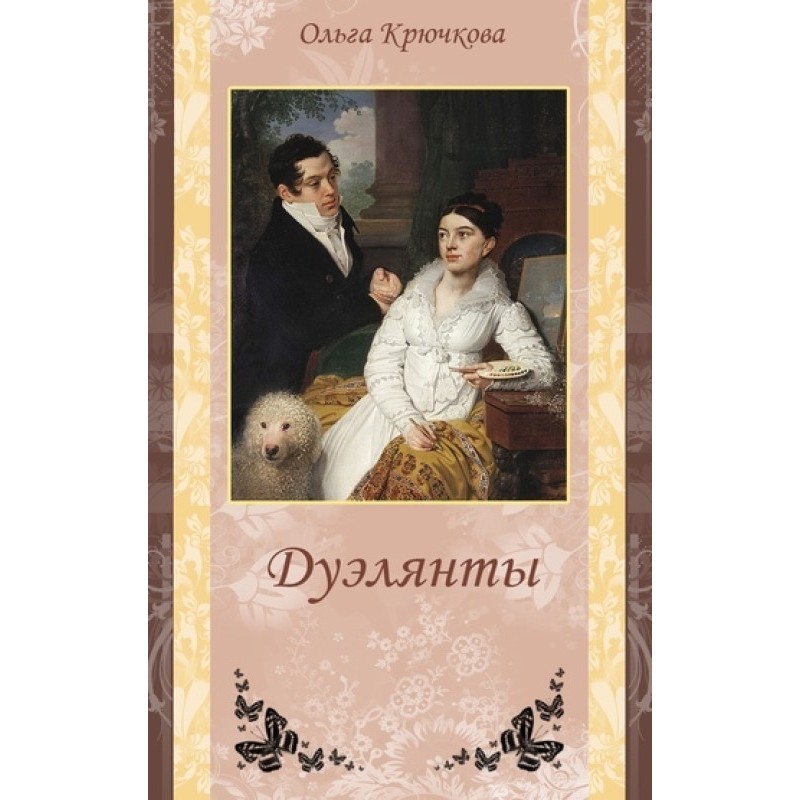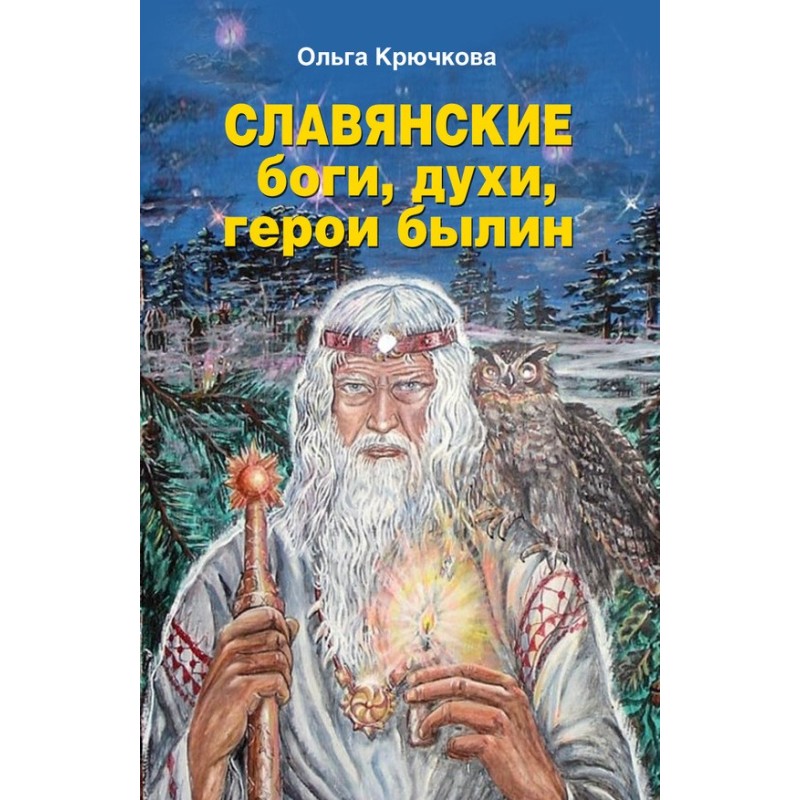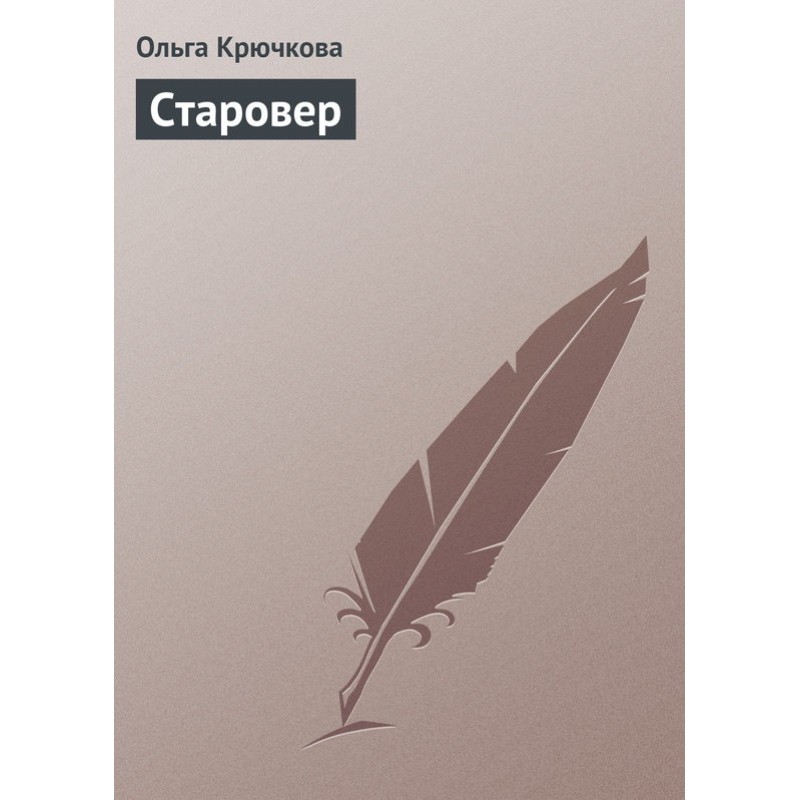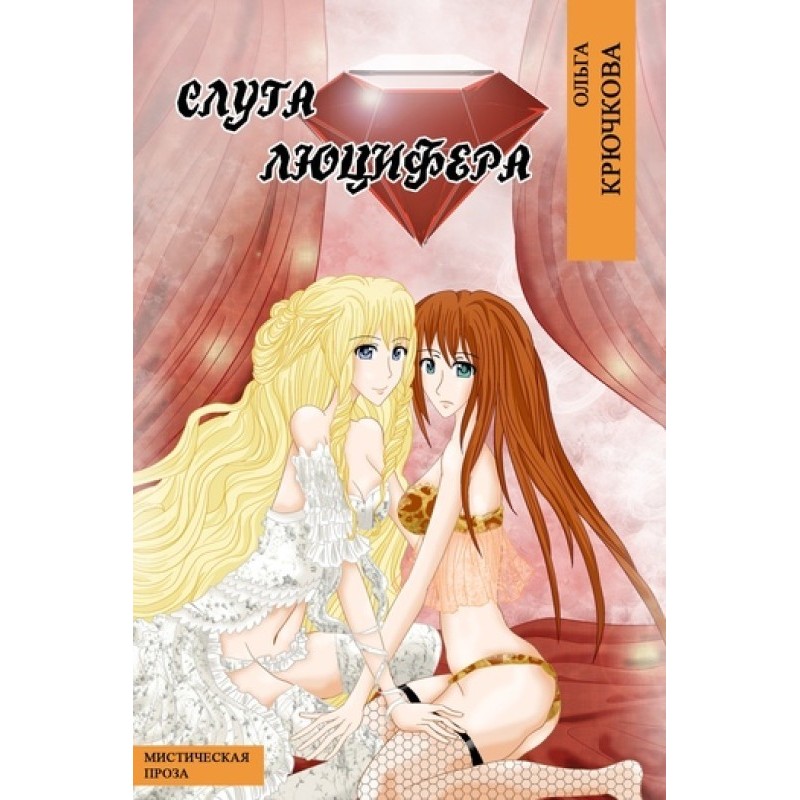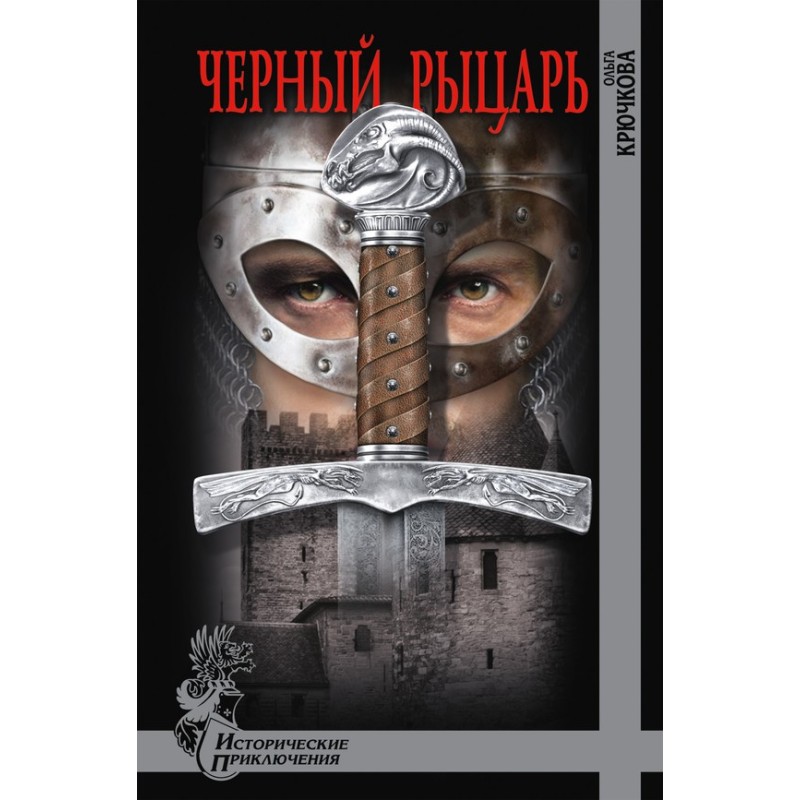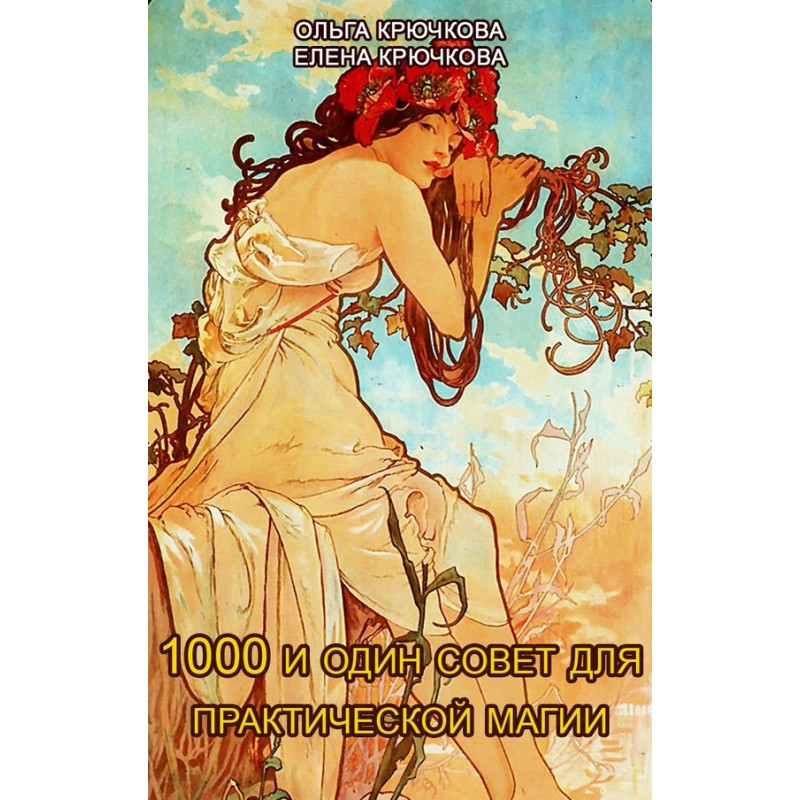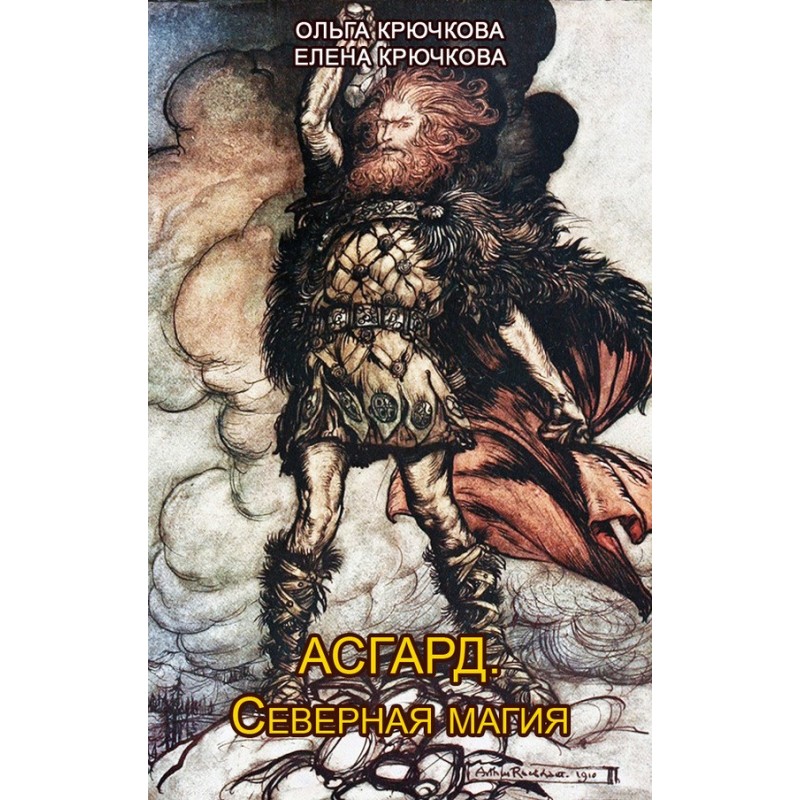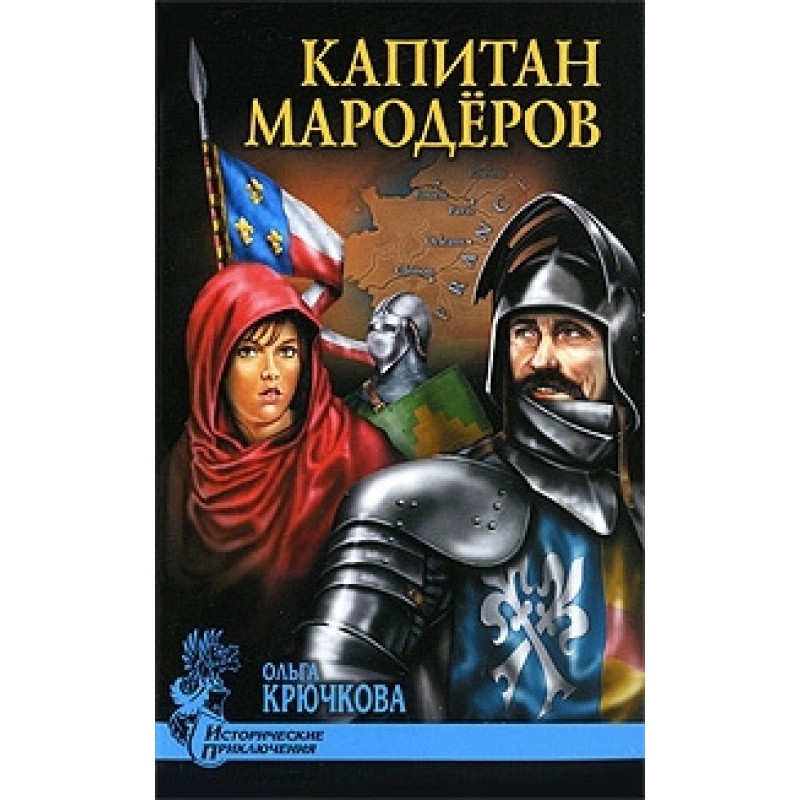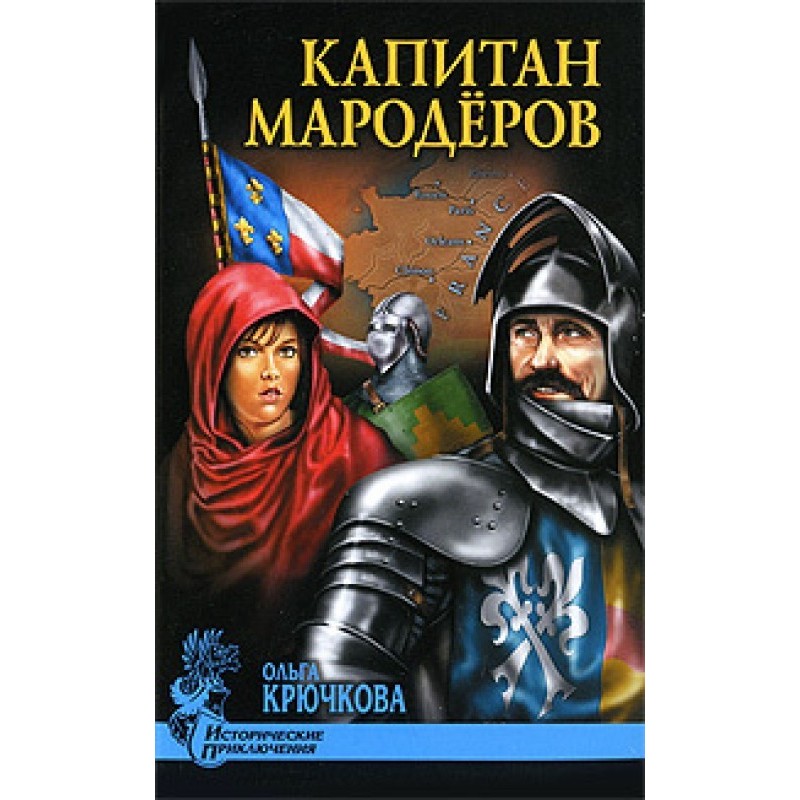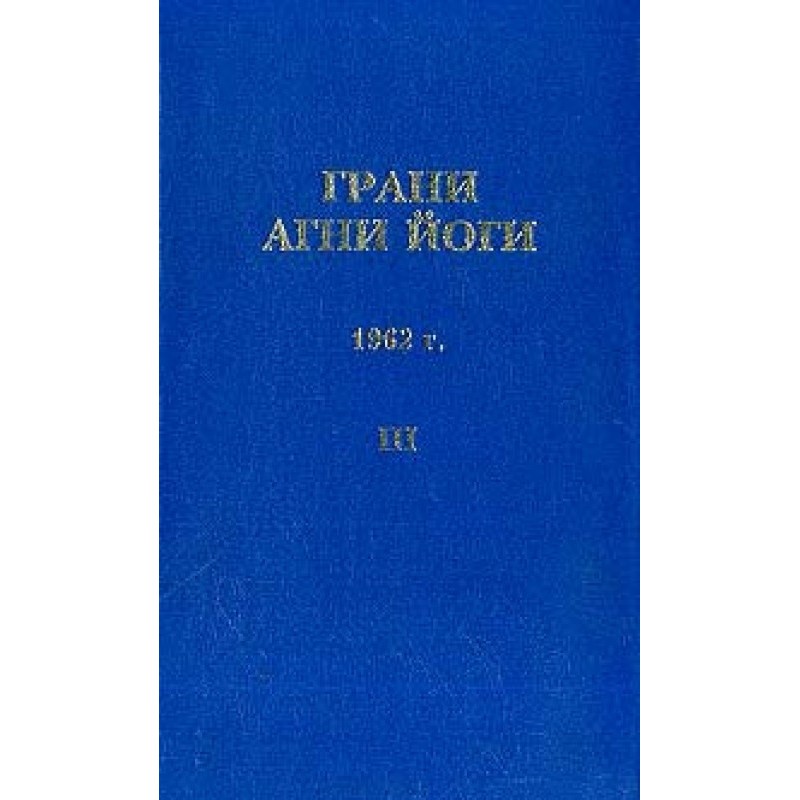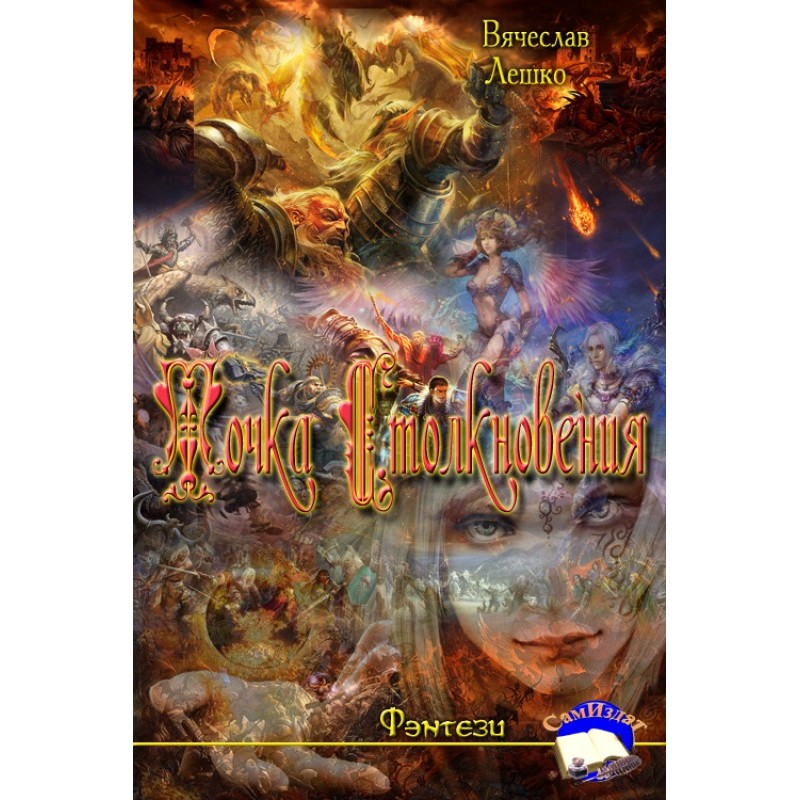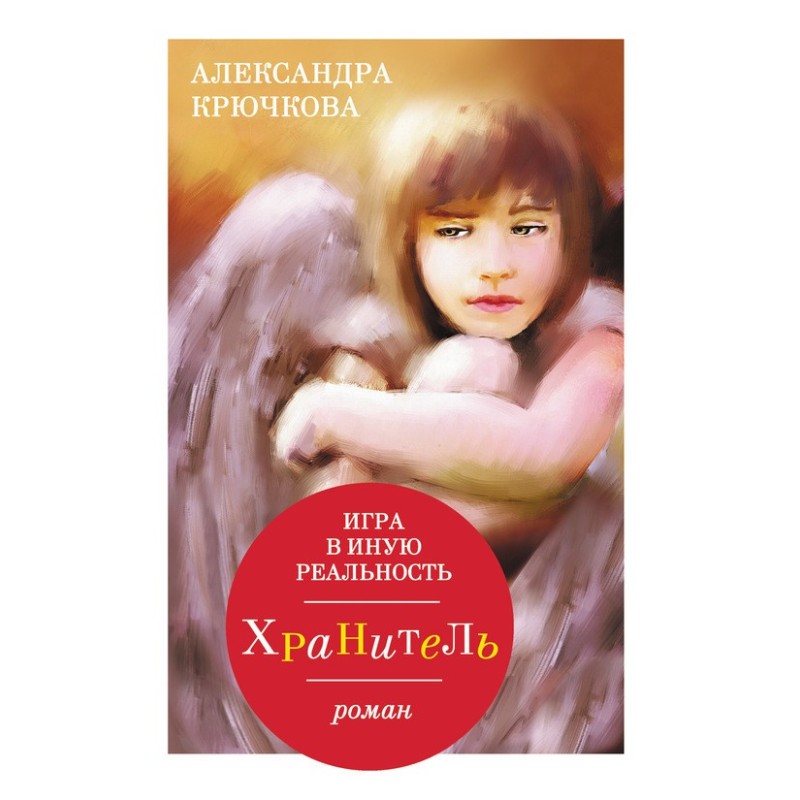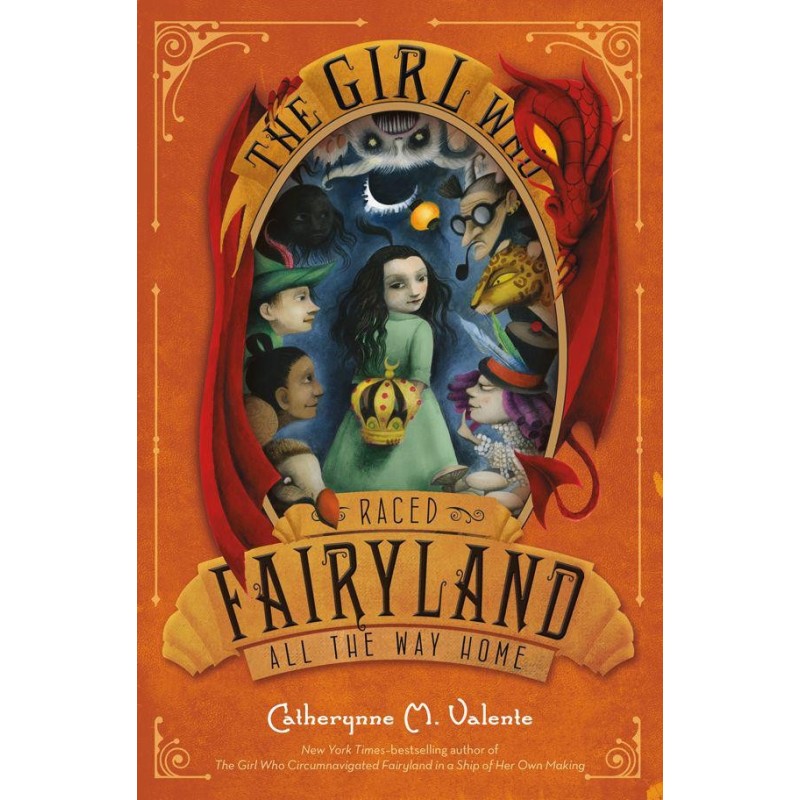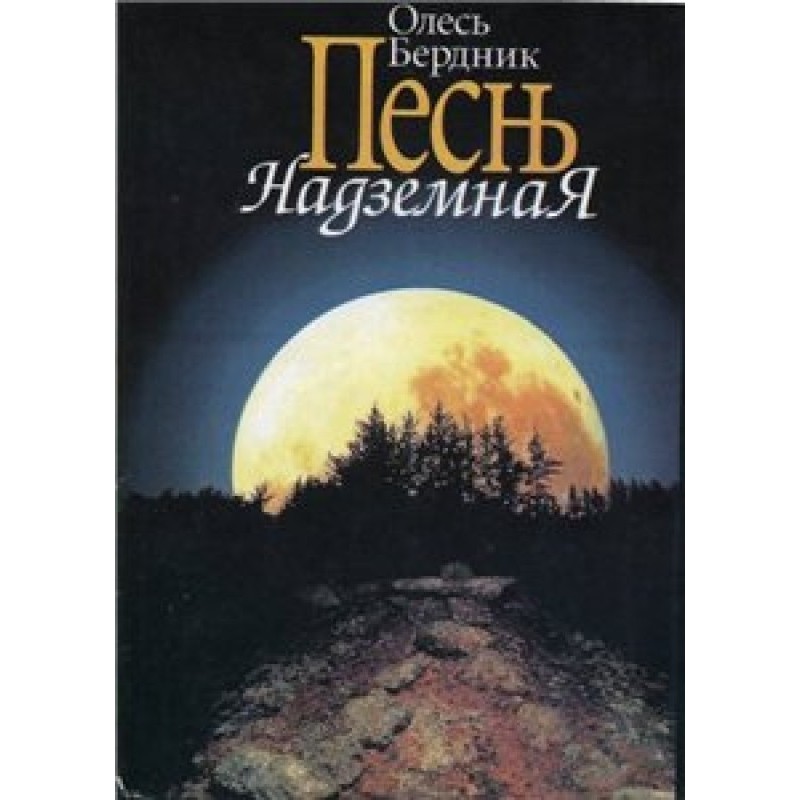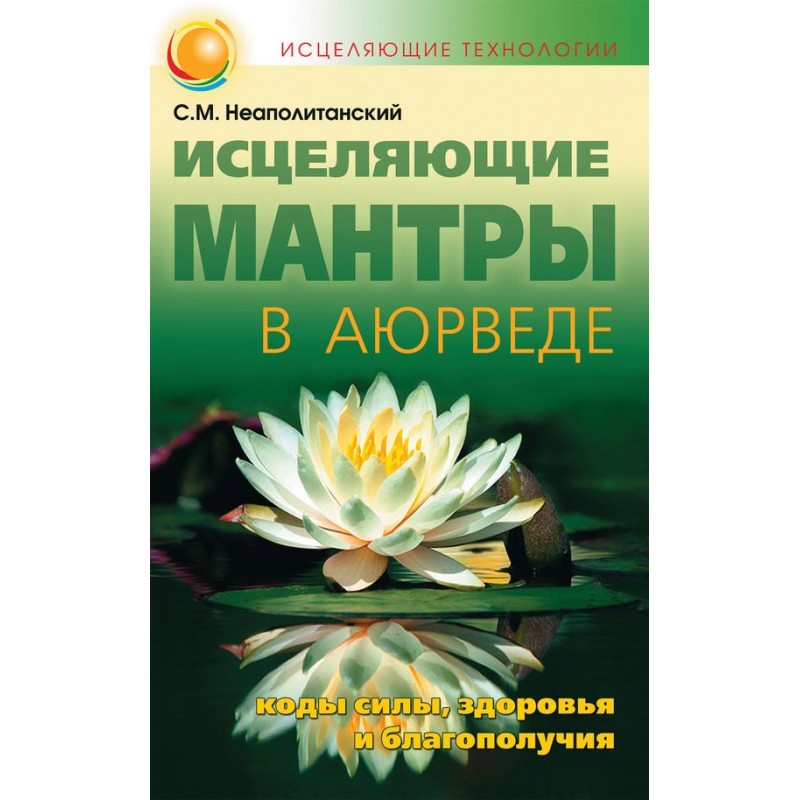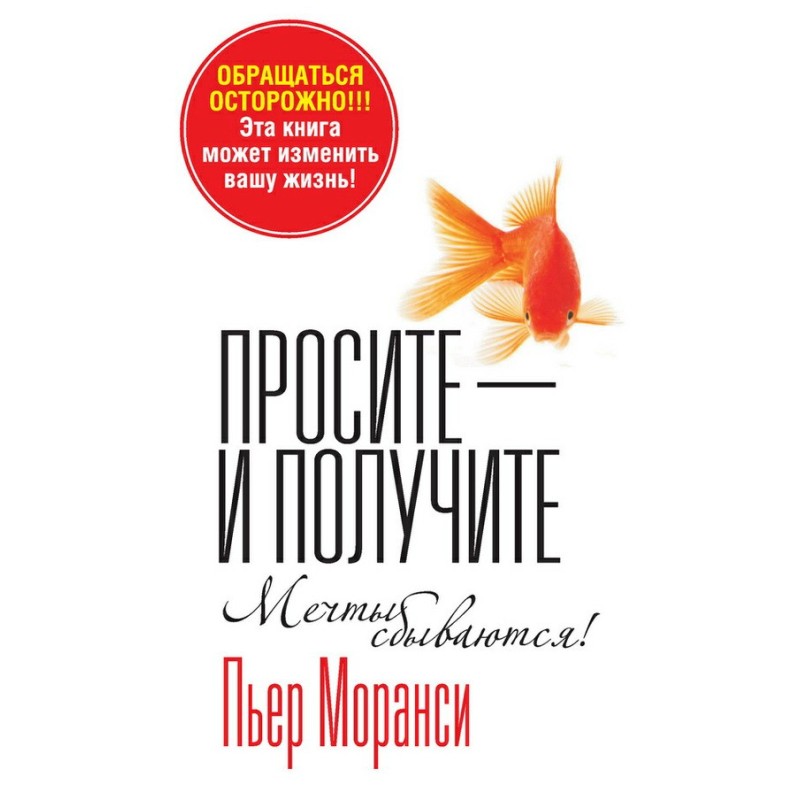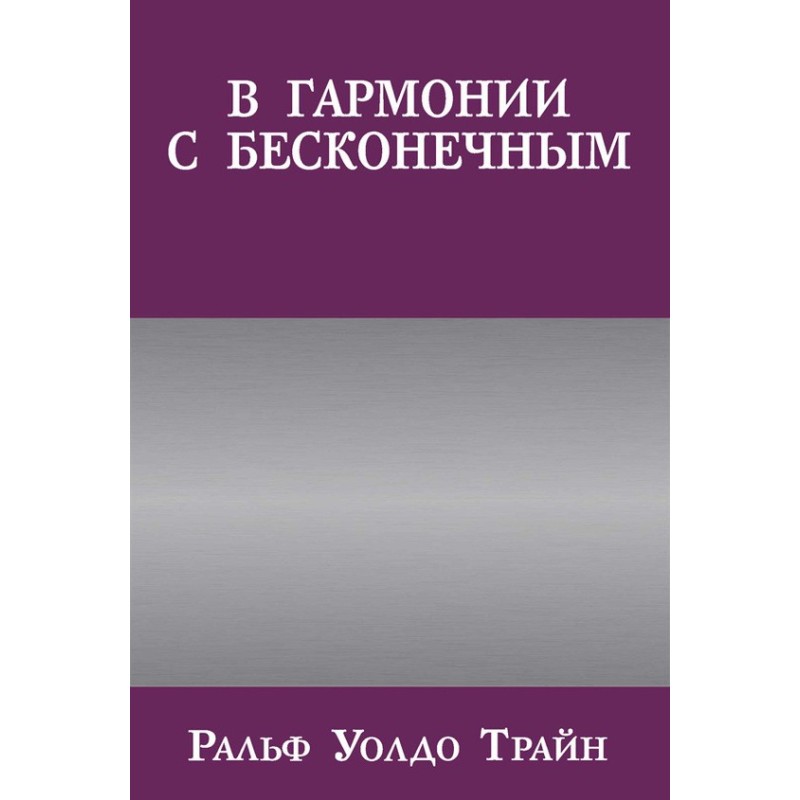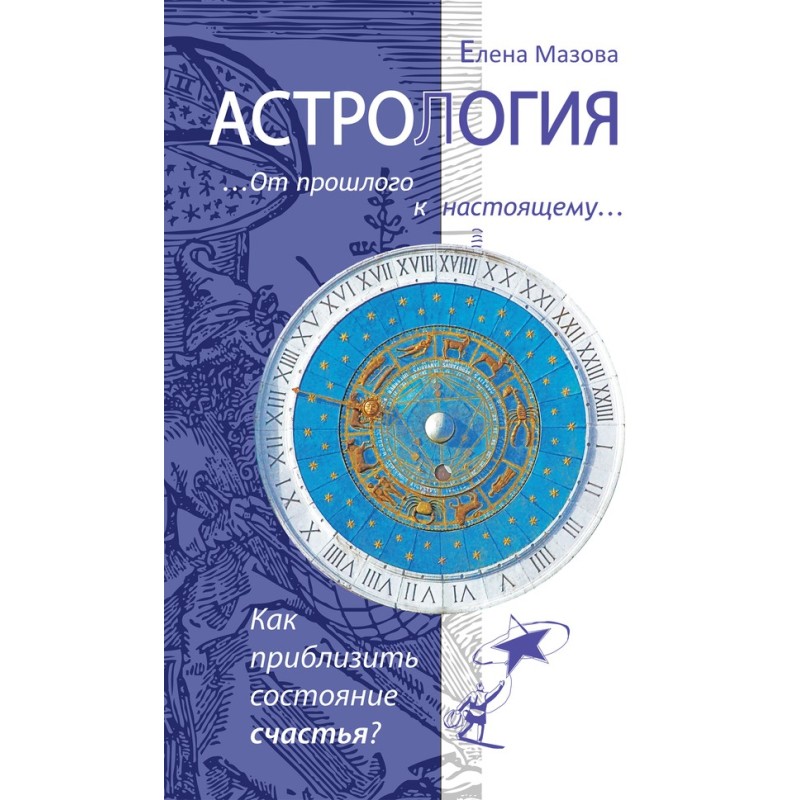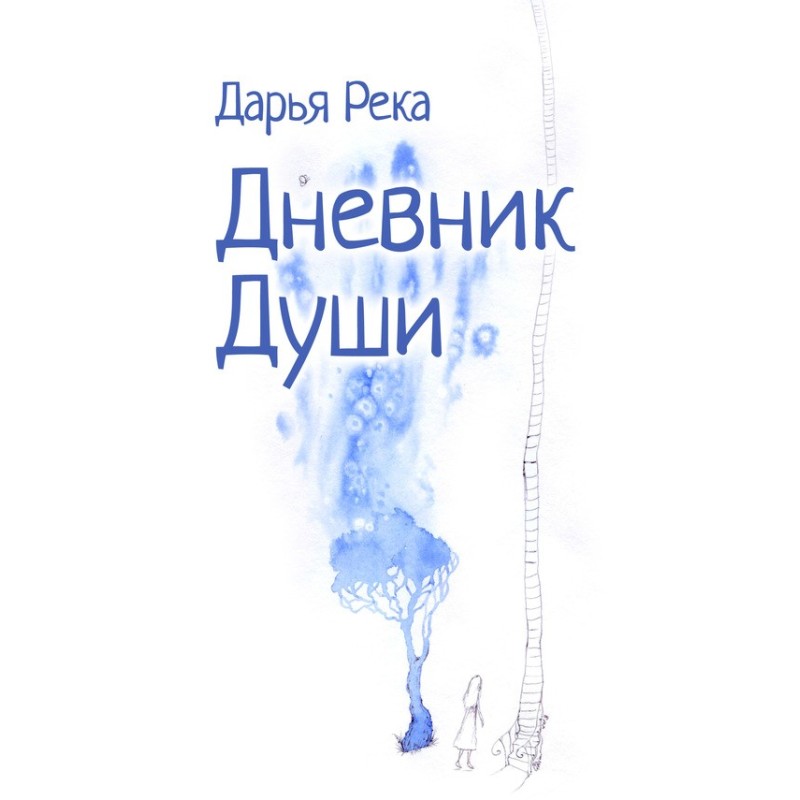Slavic rituals, conspiracies and divination
 Instant download
Instant download
after payment (24/7)
 Wide range of formats
Wide range of formats
(for all gadgets)
 Full book
Full book
(including for Apple and Android)
Since ancient times, man wanted to know what awaits him ahead, what fate the gods have prepared for him. In Rus', sorcerers or magicians were engaged in his prediction. With the help of complex rituals and magical actions, they “looked” into the future. However, even our ancestor, who did not have magical abilities, had access to simple fortune telling in everyday life. The Slavs used fortune telling on everything: molten wax and tin, silver mirrors, water, bones, animal entrails, grains, beans, porridge, animal cries, runes, stones, flowers, household items. Much later, fortune telling using coffee grounds, drunken tea and playing cards appeared. For our ancestors, for fortune-telling, what could be obtained in nature was applicable. With all the accessibility of fortune-telling, its action was certainly timed to certain ritual or agricultural holidays, which means there was a link to the Slavic calendar. In the calendar, the Slavs expressed their vision of nature, often supplemented by a mystical aspect, as well as the everyday real world, filled with everyday worries. The real world and the mystical, divine, otherworldly world were closely intertwined among the Slavs. Divine myths sought continuation in simple life; for our ancestors they were simple and clear, taken on faith, absorbed with mother’s milk. The moon and sun were deified and determined natural, agricultural cycles and, in general, the life of the peasant. Plants sown or harvested at the wrong time could lead to hunger and serious consequences. Therefore, the Slavs paid great attention to ritual holidays, spells, amulets and fortune-telling. Christmastide, Maslenitsa, Green Christmastide, Kupala are traditional Slavic holidays of the renewal of the world, associated with the solar cycle. Our ancestors carefully monitored the changing state of the sun and, with the help of special rituals, celebrated the death of the old world and the birth of a new one. At this time, rituals of cleansing the house, body, special spells and fortune telling were performed. With the advent of Christianity, the usual daily way of life of the Slavs remained almost unchanged. Their perception of the world around them has not changed either. Therefore, the clergy adapted the Christian calendar together with the ancient Slavic calendar. From which the now famous Russian Orthodox calendar was derived. The book is intended for a wide range of readers, in particular for those who are interested in esotericism. The material is presented in a simple, accessible form. A parallel is drawn between ancient Slavic rites, fortune telling, rituals and the most significant Christian holidays.
Data sheet
- Name of the Author
- Ольга Крючкова Евгеньевна
- Language
- Russian
Reviews
Захоплююча подорож у світ слов'янських традицій!
Книга "Слов'янські обряди, змови та ворожіння" є справжнім відкриттям для всіх, хто цікавиться культурою та історією слов'янських народів. Автор майстерно поєднує давні традиції з сучасним сприйняттям, що робить матеріал надзвичайно доступним і зрозумілим. Читачі можуть дізнатися про різноманітні обряди, які супроводжували життя наших предків, а також про те, як ці звичаї перепліталися з християнськими святами. Особливо вразило те, як автор детально описує ворожіння, використовуючи природні матеріали, що робить цю практику близькою та зрозумілою. Книга наповнена містичним шармом, і кожен розділ занурює в атмосферу стародавніх ритуалів, які досі можуть мати значення в нашому житті. Рекомендую цю книгу всім, хто хоче краще зрозуміти свої корені та відчути магію слов'янських традицій!

